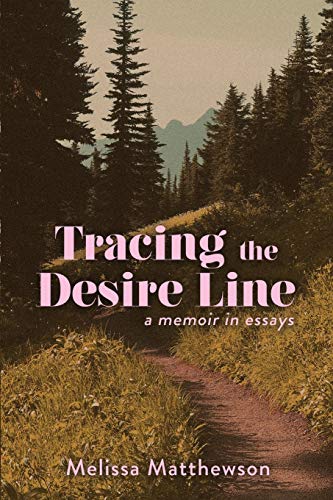from Bitters
You were never to consider the worm
itself, drowning upon the hook, in a drift
of river or lake, or how it felt
when the barb punctured its body
at three or four strategic points. . .coiled
tightly around the metal, so it would survive
again and again your casting into the distance,
the falling through the air, the shock of striking
the surface. The idea was to make the worm
last as long as possible, though extending its life
was extending its suffering, so you could rethread
its brown vibrant length as it became slack, pale,
and waterlogged, carefully as a rich man threading
his way through the eye of a needle, even sometimes
managing to salvage enough leftover from the mouth
of a trout to use the worm again. Mud puppies
dredged from stock ponds, shimmering minnows,
baby frogs, crawdads, grasshoppers leaping
on the hook – all were means to an end: a fish
in the pan, an afternoon’s art or recreation,
an exercise of skill, an idea of how to work
a stream or pond, and it became a way of looking
at things, a way of being. You remember this
when you hear on the evening news that a man
in a nearby town who molested six toddlers
began by using his own three-year-old daughter–
her wanting to play with other children – as bait.

